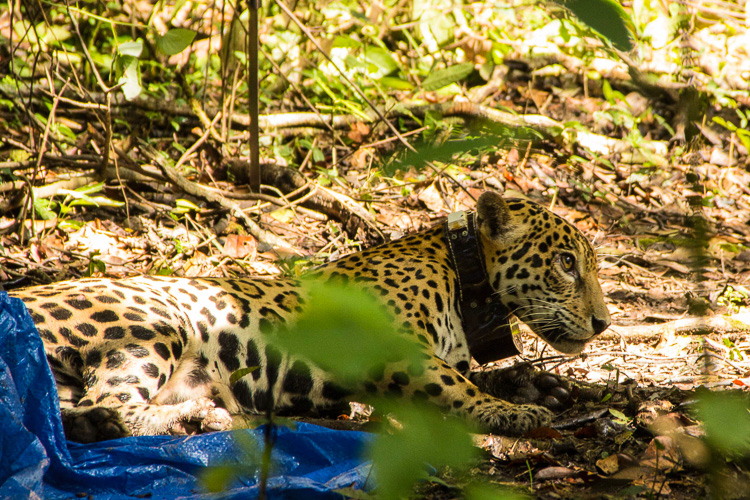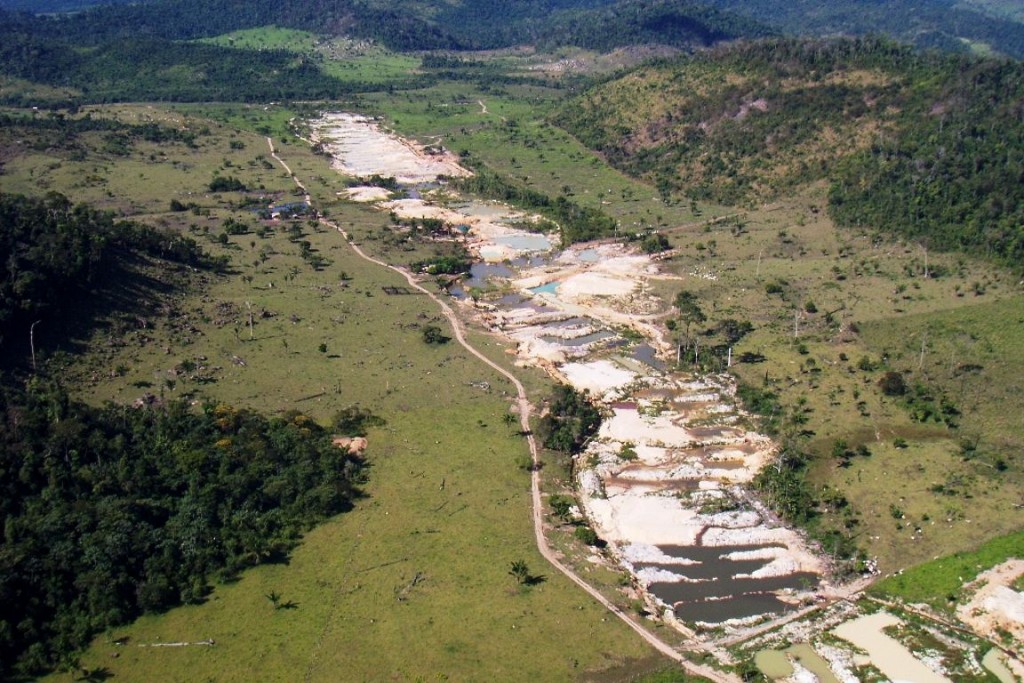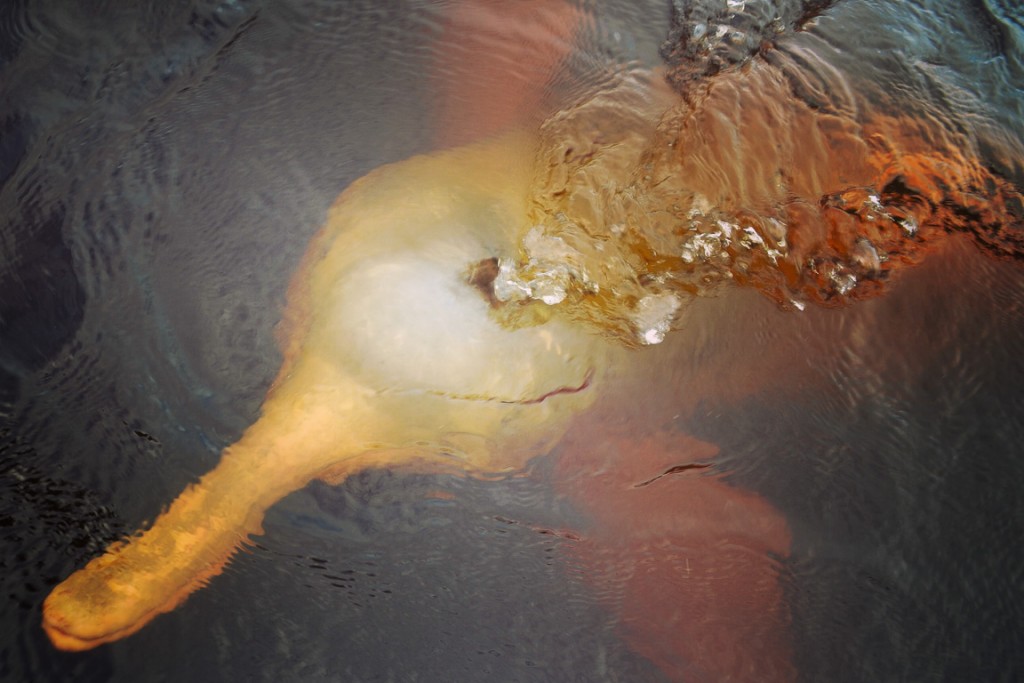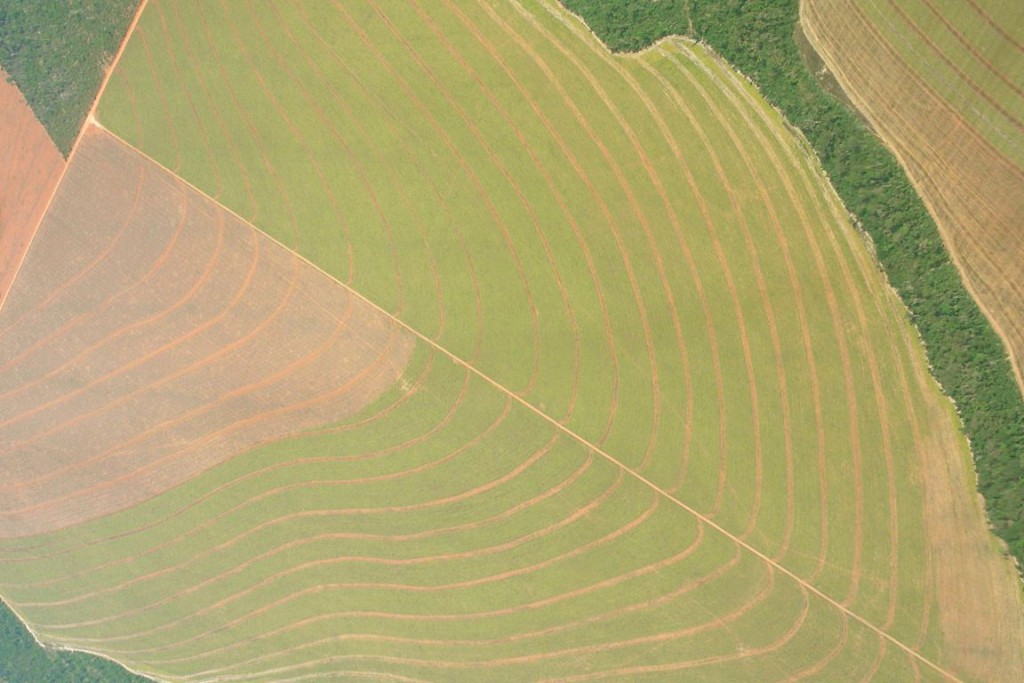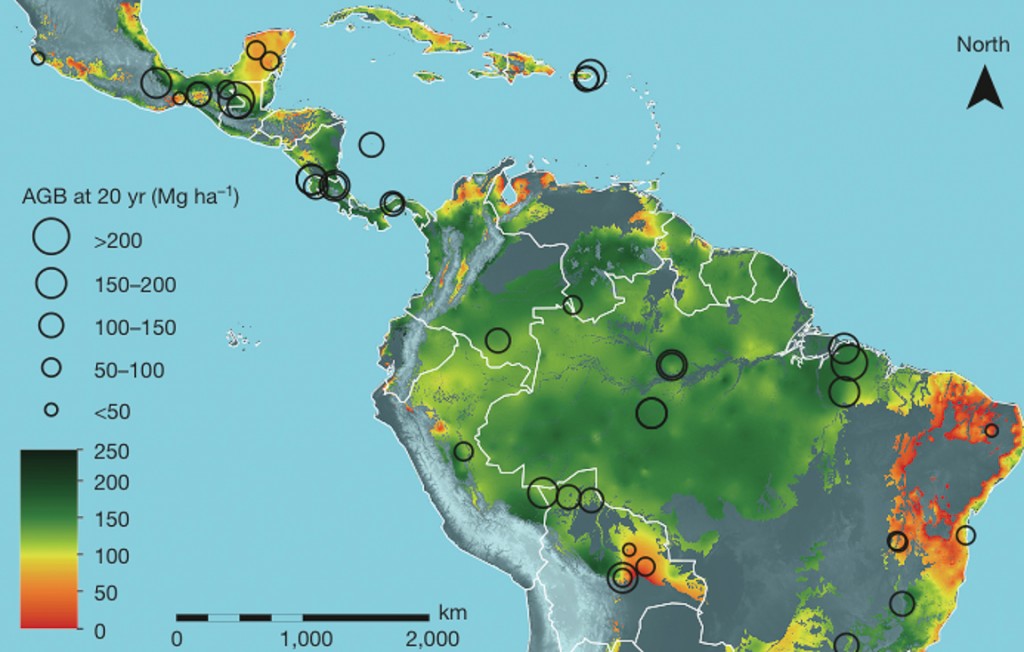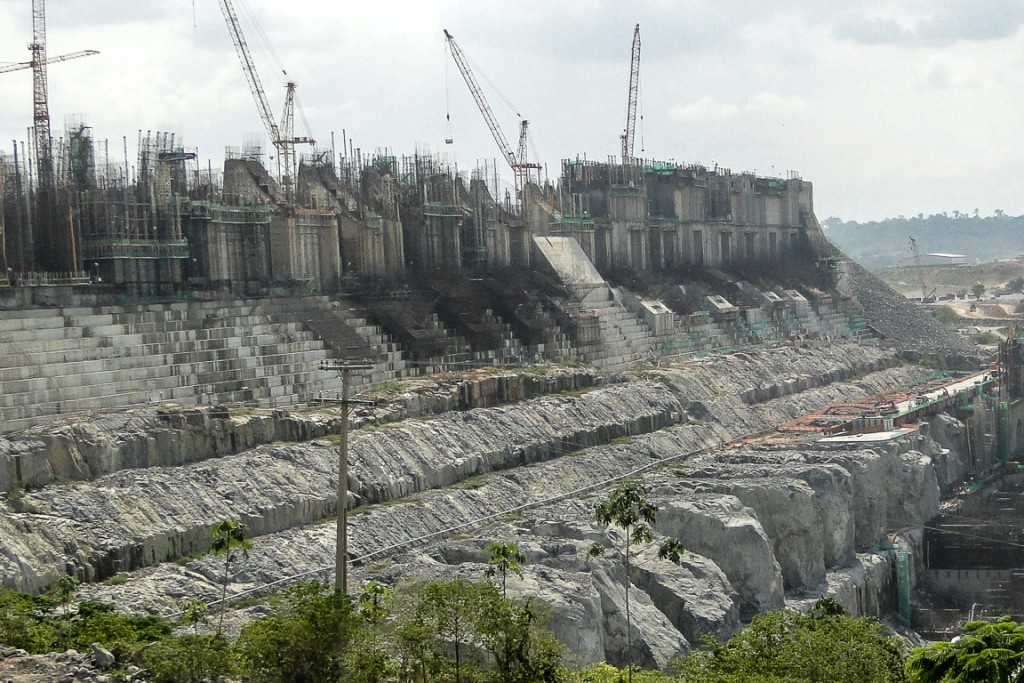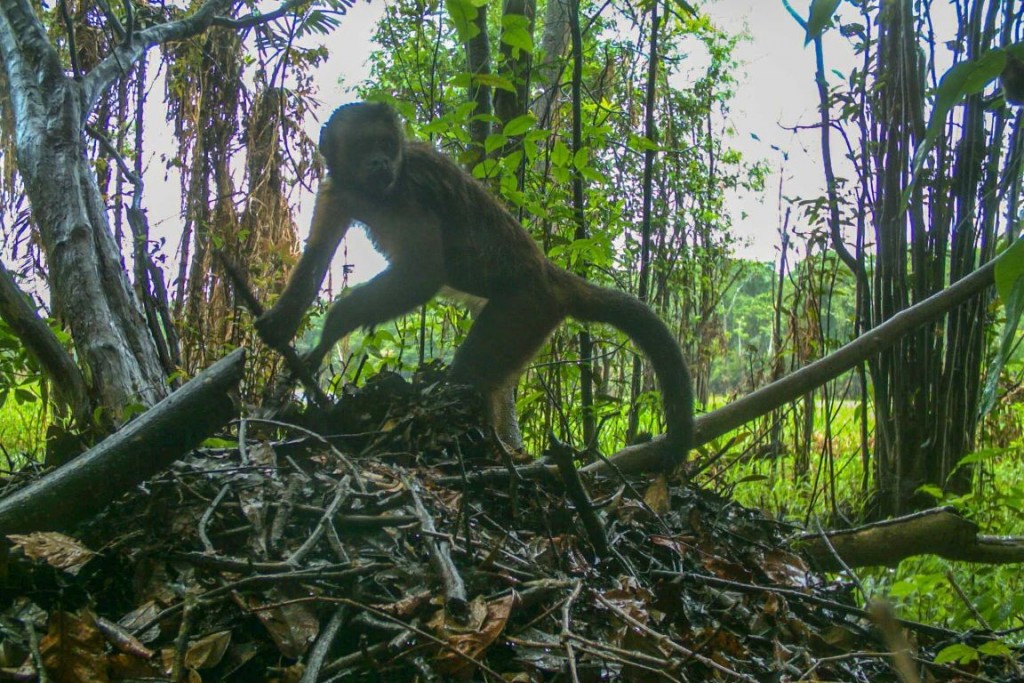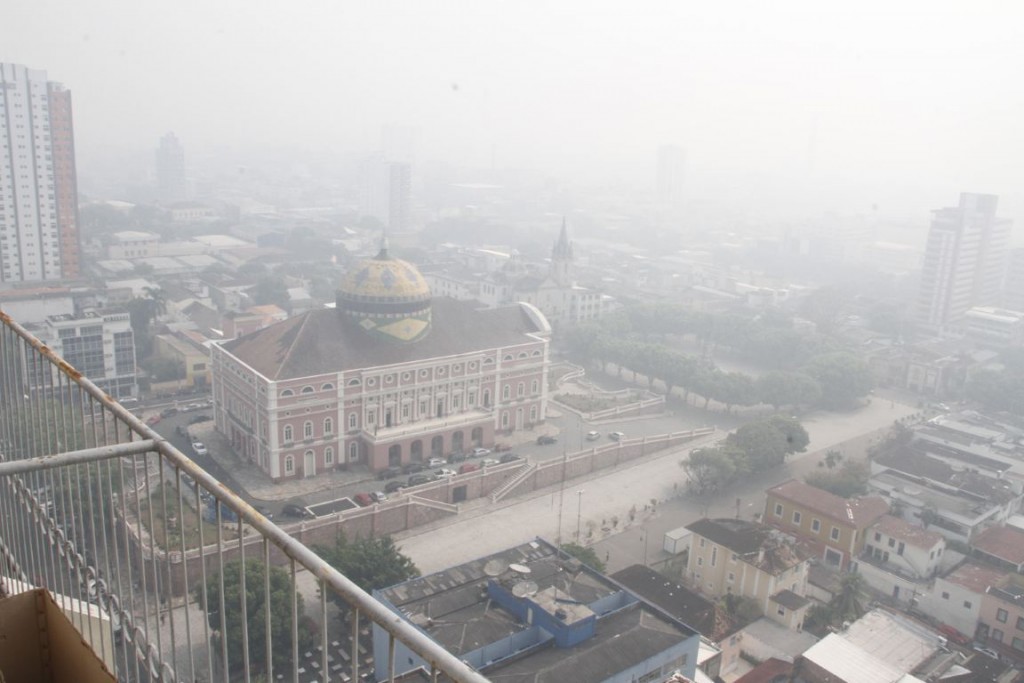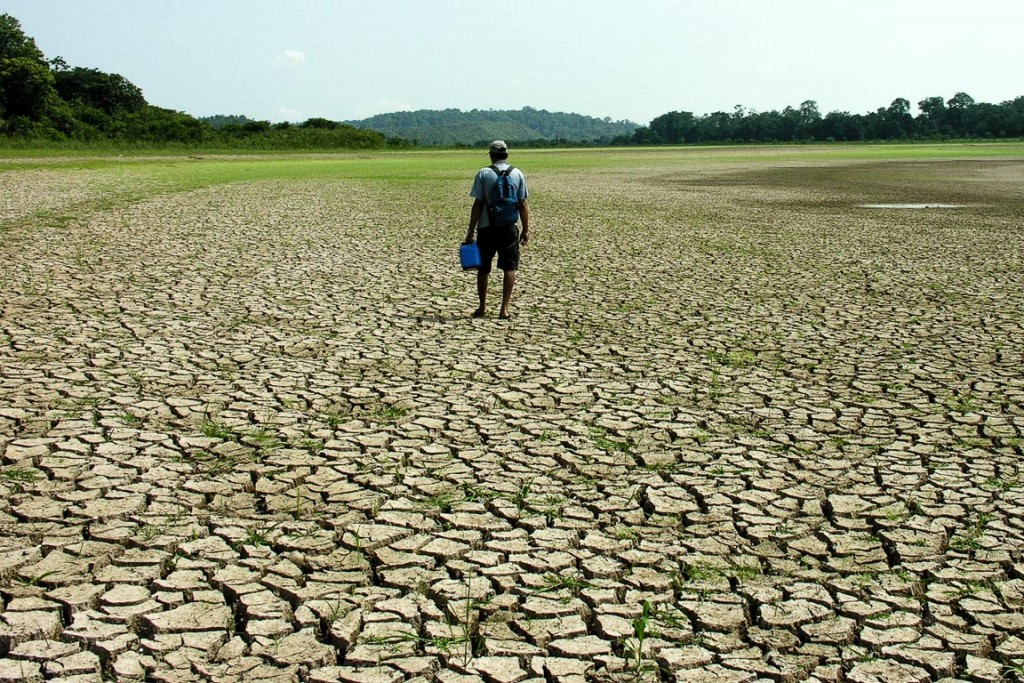Report suggests investment alternative energy can supply the need of Brazil, instead of building new dams.
O Eco
((o))eco is a network of journalists having no connection to political parties, companies or any interest group. It’s mission is to engage in stories that cover the environment and promote conservation. ((o))eco train’s and provides experience to young writers, photographers and camera men to cover environmental issues.((o))eco é feito pela Associação O Eco, organização brasileira que se preza por não ter fins lucrativos nem vinculação com partidos políticos, empresas ou qualquer tipo de grupo de interesse. O conteúdo do site é fruto do trabalho de uma rede de jornalistas e especialistas. Sua missão é:
– Dedicar-se à cobertura de pautas sobre o meio ambiente. Nossa razão de ser é a conservação da natureza
– Treinar e propiciar experiência a jovens escritores, fotógrafos e cinegrafistas vocacionados à cobertura ambiental, sejam eles jornalistas por formação ou não. ((o))eco é uma escola que espera impulsionar a carreira de profissionais brilhantes, motivados e espalhados por todos os cantos do Brasil.((o))eco es realizado por la Asociación O Eco, organización brasileña sin fines lucrativos ni vinculación con partidos políticos, empresas o cualquier otro grupo de interés. El contenido de la web es fruto del trabajo de una red de periodistas y especialistas, muchos voluntarios y otros que trabajan en tiempo parcial. La gracia de participar de ((o))eco no es financiera, y sí el de creer y beneficiarse de su misión de:
– Dedicarse a la cobertura de temas ambientales. Nuestra razón de ser es la conservación de la naturaleza.
– Entrenar y brindar experiencia a jóvenes escritores, fotógrafos y profesionales de la TV con vocación ambiental, periodistas por formación o no. ((o))eco es una escuela de espera impulsar la carrera de profesionales brillantes, motivados y distribuidos en todo Brasil.
Two jaguars found in Mamirauá Reserve, and more are to come!
Researchers at the Mamirauá Institute captured two jaguars that will be included in the monitoring and study initiative of felines in the Amazon. The surprise, however, was to see a baby jaguar.
Mining, mercury and illegality in the Amazon: Not all gold shines
Contamination of people and environments by mercury increases in the Amazon, while agreements and government actions to reduce the problem are still on paper.
The future of the river dolphin and lessons learned from the Baiji tragedy
In 2006, the dolphin who lived in the Yangtze River in China, was presumed extinct. In Brazil, a close cousin could reach the same end.
Deforestation alerts in Brazil decreased 82% in January, says Imazon
In the month, they detected 52 square kilometers of deforestation in the Amazon. The state of Amazonas was the winner tearing down the jungle.
Regenerated forest is a sponge that absorbs carbon
Research by an international consortium that includes Brazilian scientists shows that secondary vegetation in Latin America absorb 11 times more CO2 from the air than do mature Amazonian forests.
Hydroelectrics in the world: a threat here, there and beyond
In an article published on Science, researchers from eight countries criticize decision process for the construction of hydroelectric dams in tropical regions..
The ingenious capuchin monkeys of Mamiraua Reserve in Brazil
Researchers at the Institute Mamirauá caught a large-headed capuchin monkey preaching the nest of a black caiman with the help of a tool.
Fires in Brazil: More smoke on the horizon of the Amazon
Twelve thousand spots registered: this is already the year with the highest number of fires detected in the state of Amazonas, from the start of series history, in 1998.
Climate change: Global warming may triple drought in the Amazon
Computer models suggest that the Eastern Amazon, which contains most of the forest, would have more droughts, fires and death of trees, while the West would be rainy



